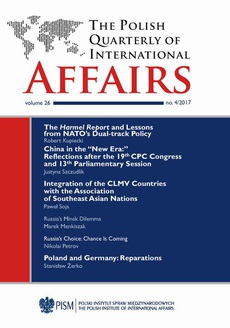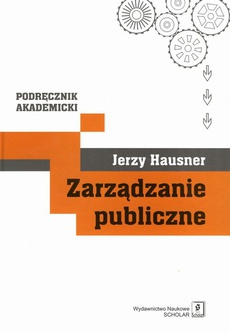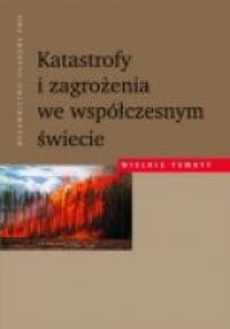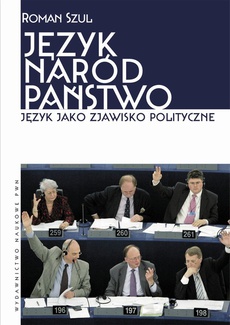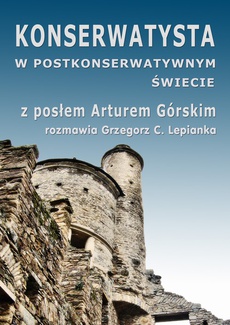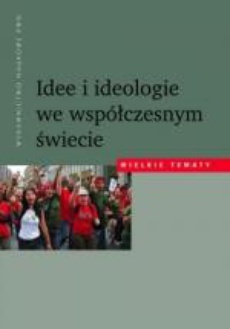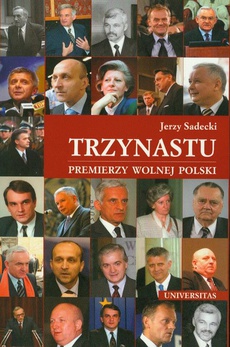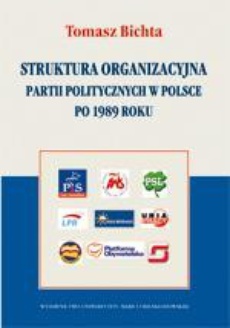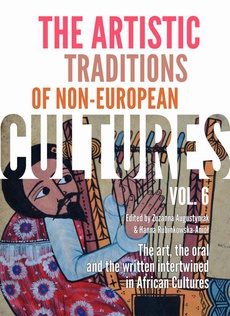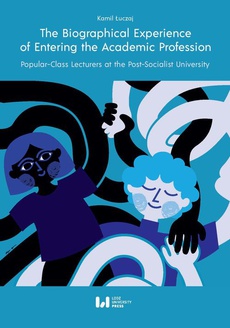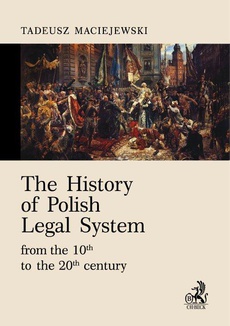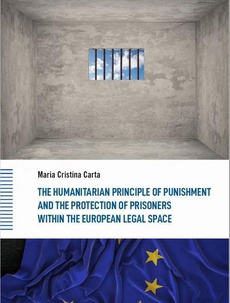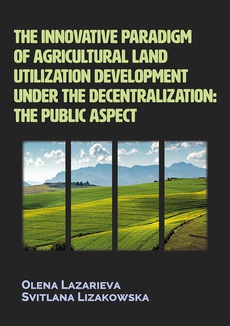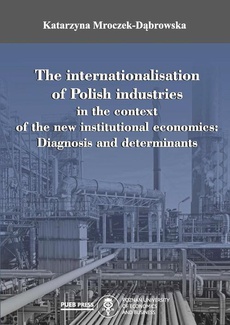POLECAMY
The Polish Quarterly of International Affairs 4/2017
Autor:
Robert Kupiecki, Justyna Szczudlik, Paweł Soja, Marek Menkiszak, Nikolai Petrov, Stanisław Żerko, Marek Kornat, Hieronim Grala
Format:
pdf, ibuk
„The Polish Quarterly of International Affairs” jest anglojęzycznym kwartalnikiem Instytutu poruszającym i analizującym kwestie istotne dla Europy Środkowej i Wschodniej. Stanowi forum debat nad współczesnymi wydarzeniami międzynarodowymi. Każde wydanie zawiera zbiór autorskich artykułów poddanych ocenie peer review, a także recenzje specjalistycznych publikacji.
The Polish Quarterly of International Affairs is the Institute’s English language journal and has a Central and Eastern European focus. It provides a forum for the analysis and debate of international affairs through a collection of original, peer reviewed articles on a contemporary theme.
| Rok wydania | 2017 |
|---|---|
| Liczba stron | 153 |
| Kategoria | Politologia |
| Wydawca | Polski Instytut Spraw Międzynarodowych |
| Numer wydania | 4 |
| Język publikacji | angielski |
| Informacja o sprzedawcy | ePWN sp. z o.o. |
Ciekawe propozycje
Spis treści
| Articles | |
| Robert Kupiecki | |
| The Harmel Report and Lessons from NATO’s Dual-track Policy (s. 5) | |
| The Harmel Report constituted a genuine breakthrough in NATO’s strategic position on the Soviet Union and the author of the text presents its history as well as consequences. | |
| Justyna Szczudlik | |
| China in the “New Era:” Reflections after the 19th CPC Congress and 13th Parliamentary Session (s. 19) | |
| The 19th Congress of the Chinese Communist Party marked the completion of the first term of the fifth generation of leaders. Xi Jinping announced that China entered “a new era of socialism with Chinese characteristics,” which is a new slogan, a symbol of Xi’s second term. Contrary to some expectations, the Congress was not a political breakthrough, as the party’s goals—to hold its power, maintain stability in the country and regain a superpower status—remain unchanged. New means of achieving these goals will be employed, however, including new technologies in economic and social management, while in foreign policy China will be more active globally, proposing or even exporting solutions based on Chinese standards. | |
| Paweł Soja | |
| Integration of the CLMV Countries with the Association of Southeast Asian Nations (s. 44) | |
| This year, the Association of Southeast Asian Nations (ASEAN) celebrates the 50th anniversary of the signing of the Bangkok Declaration. The jubilee is an opportunity to sum up the organisation’s achievements and draft plans for future development. This article aims at analysing integration within ASEAN from the perspective of the CLMV states (Cambodia, Laos, Myanmar, Vietnam) as the newest members of the community. The research focusses on whether or not it is justified to perceive ASEAN as a “two-tier organisation” and if developmental differences between the two groups of members exert a significant influence on the efficiency of the integration process. The integration in examined in three crucial aspects compatible with ASEAN’s three-pillar division: politics and security, the economy and socio-cultural cooperation. | |
| Marek Menkiszak | |
| Russia’s Minsk Dilemma (s. 70) | |
| The essay examines Russia’s dillemmas with the Minsk Agreements three years after the signing of Minsk II, which defined grounds for putting an end to the conflict in much greater detail than the Minsk I Agreement of September 2014. The conflict was to end with a ceasefire, followed by a withdrawal of heavy weapons on both sides, an exchange of and amnesty for all hostages, democratic elections held in the occupied areas of Donbas and its reintegration with Ukraine. This would result in the region’s special status and restoration of Ukrainian control over the entire Russo-Ukrainian border in the east of Ukraine, but so far no provision of this 13-point plan has been implemented in full. | |
| Nikolai Petrov | |
| Russia’s Choice: Change Is Coming (s. 86) | |
| The article outlines some socio-political phenomena and trends observed in Russia at the regional as well as federal level. The author concludes that a wise government should conform to objective laws of societal growth, such as the swinging of the pendulum from the centre to the regions, in order to reap maximum benefits from the position it finds itself in. | |
| Stanisław Żerko | |
| Poland and Germany: Reparations (s. 96) | |
| Poland, a key victim of Nazi Germany’s aggression, never received adequate compensation for the destruction of the country during World War II. The author explains why this was the case and presents the history of this crucial issue in Polish-German relations. | |
| Marek Kornat | |
| Realism, Idealism, Diplomacy: In Defence of President Woodrow Wilson (s. 108) | |
| The study is devoted to Woodrow Wilson’s conceptions of international peace. The author rejects the popular perception of the American president as a political idealist, who contributed to the highly unstable peace of Versailles. Geopolitical revolution in East Central Europe was unavoidable and the restoration of international equilibrium seemed impossible, while the League of Nations without the U.S. was ineffective. Wilson’s tried to modernise international relations and the Versailles order offered many stateless nations between Russia and Germany an opportunity for development and modernisation. | |
| Hieronim Grala | |
| Was the Polish-Lithuanian Commonwealth a Colonial State? (s. 125) | |
| Some recent trendy theories attempt to describe relations within the Polish-Lithuanian Commonwealth as a form of colonialism, and the author rejects these allegations, depicting them as ahistorical. | |
| Annual list of contents (s. 151) | |

